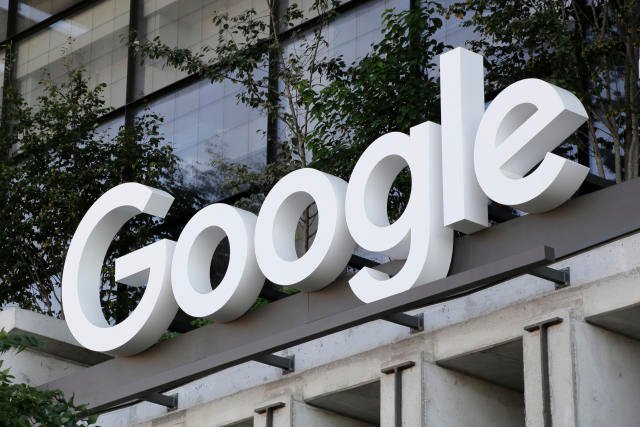
In a recent development that could have significant implications for Google’s ongoing antitrust trial, Chris Barton, a former Google employee, testified under Department of Justice (DOJ) scrutiny. Barton, who worked at Google from 2004 to 2011, revealed that his primary focus was to negotiate deals that would make Google the default search engine on mobile devices.
The Testimony
Chris Barton’s testimony is part of the larger DOJ vs. Google antitrust case that aims to investigate Google‘s alleged monopoly in search and advertising markets. According to Barton, phone companies were offered a share of revenue generated when users clicked on ads, as part of the strategy to make Google the default search engine on mobile platforms.
Implications for Google
This revelation could be a crucial piece of evidence for the DOJ, which plans to establish that Google has maintained monopoly power in search and advertising markets since 2007. The DOJ argues that Google has been “weaponizing” its power to maintain its dominant position.
Other Witnesses
The court is also expected to hear from Sridhar Ramaswamy, a former senior advertising executive for Google who later co-founded a competitor search engine, Neeva. His testimony could provide additional insights into Google’s business practices.
What’s Next?
The DOJ’s case against Google is one of the most significant antitrust trials in decades. For more than a decade, Google’s rivals have argued that the company’s tactics have helped cement its search engine’s No. 1 status. With testimonies like Barton’s, the Justice Department is finally taking steps to scrutinize these claims.
Key Takeaways
- Chris Barton, a former Googler, testified that his priority was to make Google the default search engine on mobile devices.
- Phone companies were offered a share of ad revenue as an incentive.
- The DOJ aims to prove that Google has maintained a monopoly in search and advertising markets since 2007.
- Other witnesses, like Sridhar Ramaswamy, are expected to provide further insights into Google’s practices.
Conclusion
The ongoing DOJ vs. Google trial is shaping up to be a landmark case in the realm of antitrust law. As more witnesses come forward, the case against Google seems to be strengthening. Chris Barton’s testimony, in particular, could be a pivotal moment in the trial, shedding light on Google’s strategies to maintain its monopoly in the search engine market.
Important Points:
- Chris Barton’s testimony could be a game-changer in the DOJ vs. Google antitrust case.
- The DOJ is focusing on Google’s monopoly in search and advertising markets.
- Additional testimonies from other former Google employees are expected to add weight to the DOJ’s case.








